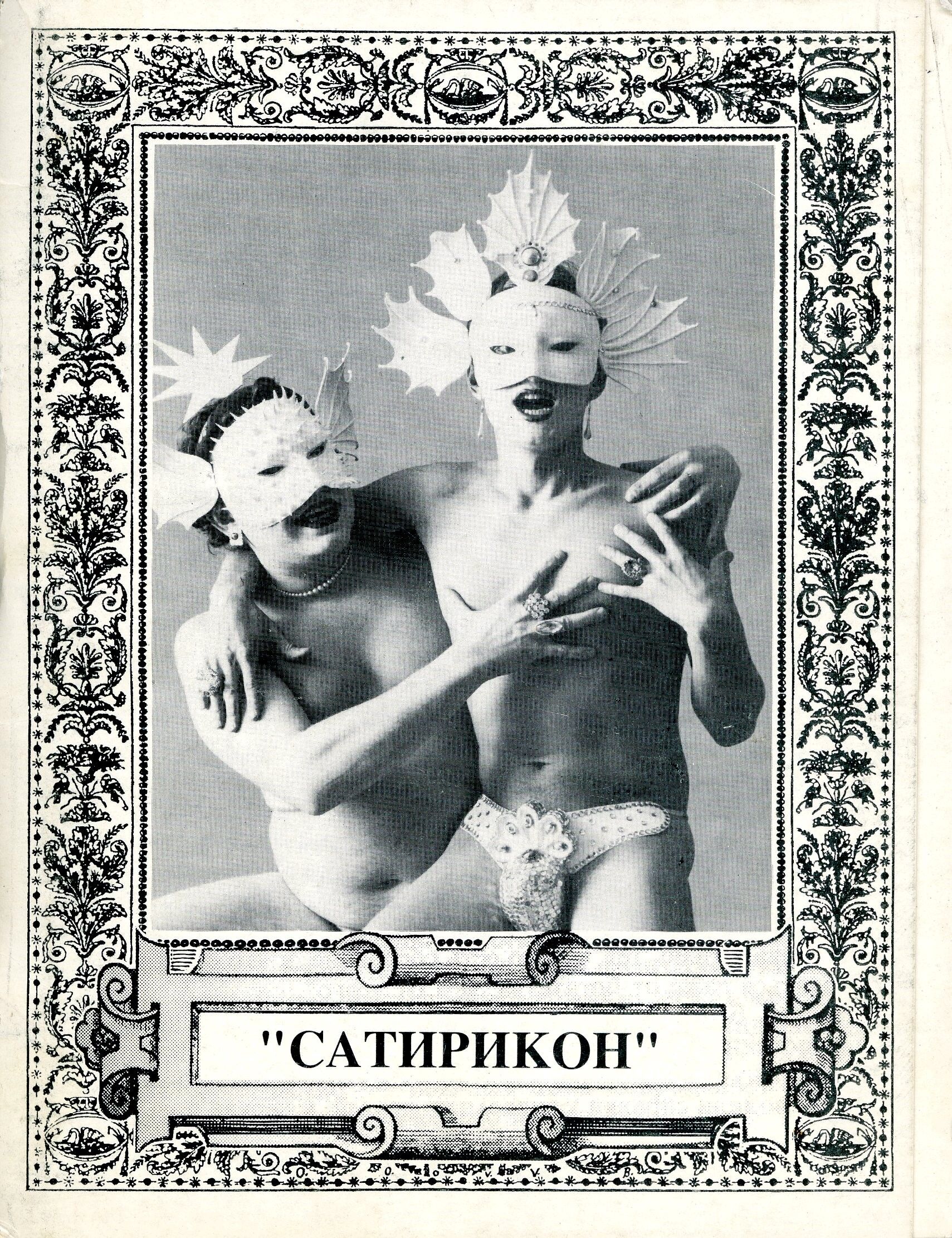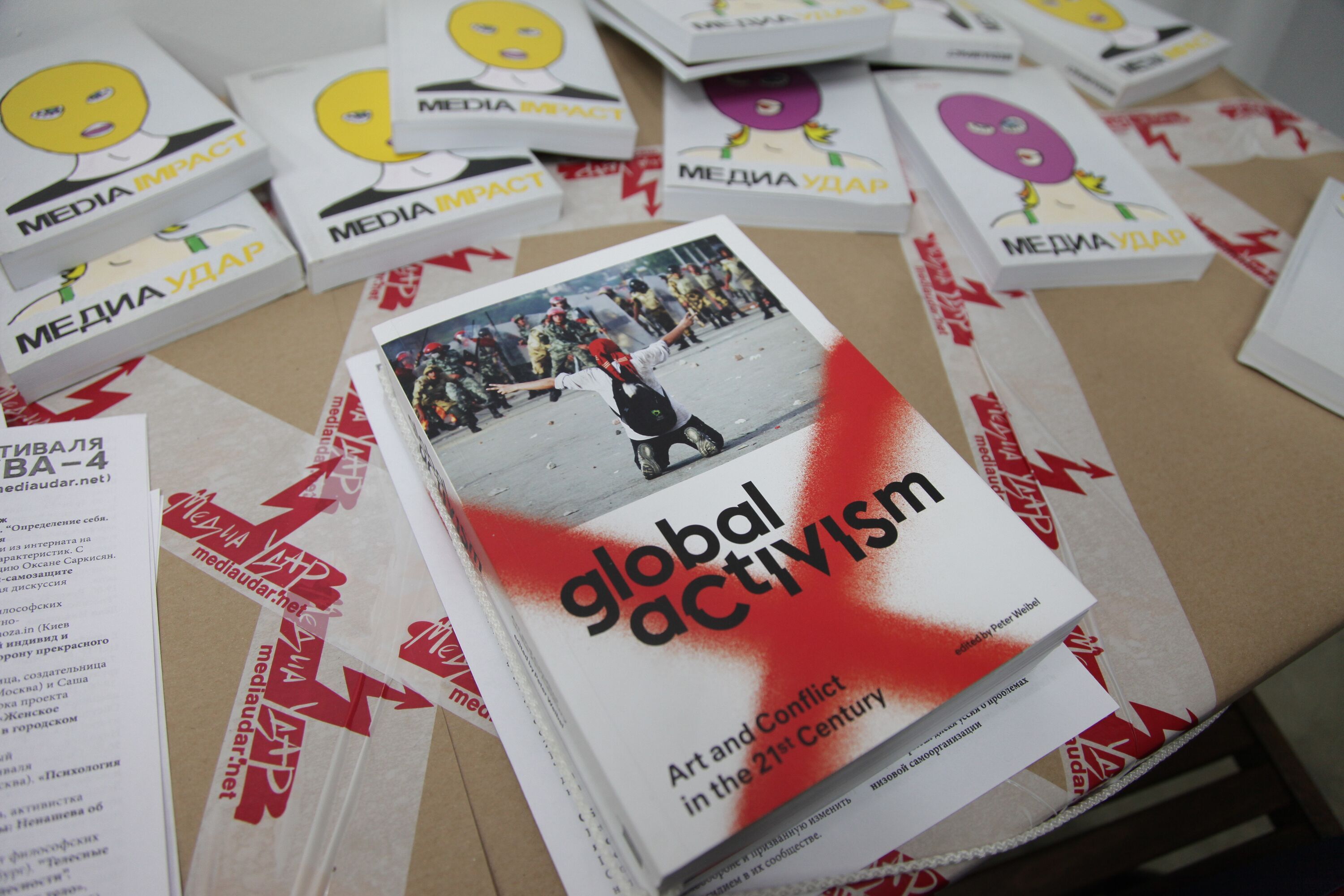Tatyana Volkova
Queer art in Russia is not a well-defined movement with striking protagonists, clear manifestos, and paradigmatic works. The queer theme in the local art context is represented in the form of a ‘twinkling’ image and, with rare exceptions, reflected in scattered works and texts by individual artists. What allows a researcher to define these artworks as queer works? What understanding of ‘queer’ should art historians rely on, considering the instability of the concept and its slipping away from any clear-cut definitions?
The article analyzes the problems that contemporary art historians and archivists face when working with activist art. Based on materials of Garage Archive Collection, the article examines the problems inherent in the process of archiving activist art as a radical genre. The analysis allows the author to identify three groups of such problems and suggest potential ways to solve them.




